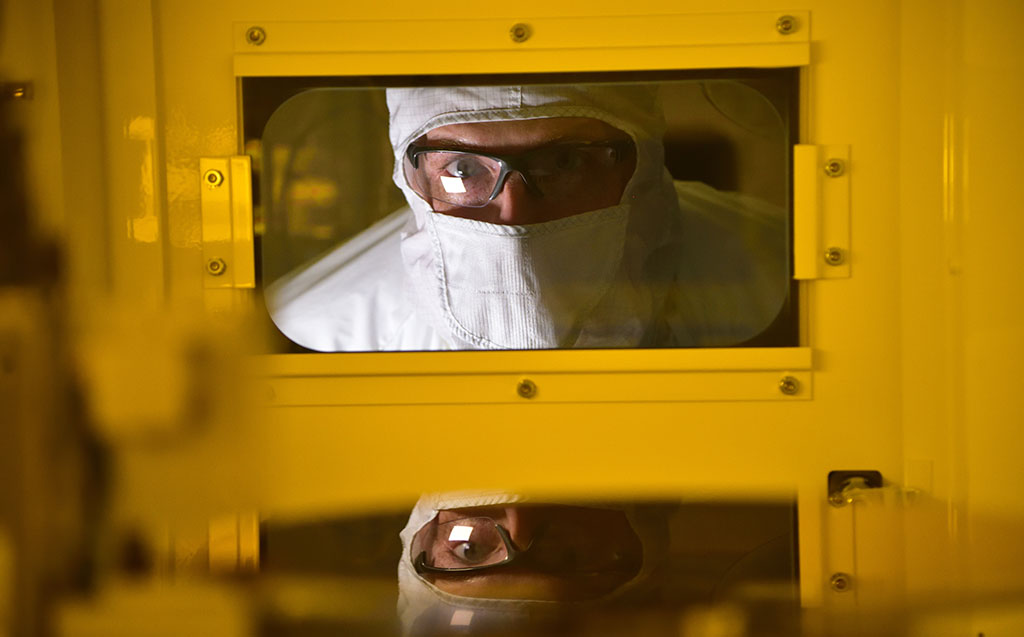Eurocom says intel is slapping soldered TIM on Core i9-9900K and Core i7-9700K
It's about time.

It looks as though hardcore overclockers and enthusiasts who have been wanting Intel to swap out its current greasy TIM (thermal interface material) for a soldered solution will finally get their wish. According to Eurocom, both the upcoming Core i9-9900K and Core i7-9700K will use solder.
There's quite a bit to unpack in that claim. To start with, let's talk about TIM, and what it's for. That hunk of metal on your CPU is not the actual silicon die, it's an integrated heatspreader (IHS). It draws heat from the CPU die and ultimately transfers it to your heatsink, be it an air cooler or a liquid cooling setup. The IHS also provides a level of protection so you don't accidentally crack the chip.
A long time ago, Intel switched from using solder to thermal paste underneath the IHS. According to ExtremeTech, this likely saved Intel money, but paste doesn't conduct heat as well as solder. Some hardcore overclockers have taken the matter into their own hands by ripping the IHS off the CPU—this is known as 'delidding'—and replacing the paste with something better, oftentimes liquid metal (which has its own downsides).
Enthusiasts have been clamoring for Intel to return to using solder, and now that looks to be the case.
"New Intel [Core] i9-9900K and [Core] i7-9700K CPUs are coming with gold soldered TIM/IHS to the CPU die. This should help manage the temperatures of the higher-clocked CPUs and will also help with achieving higher overclocked frequencies. Our Sky 'C' super-laptops are ready for 9900K /9700K," Eurocom told OC3D.
Eurocom's statement also essentially confirms that Intel is prepping Core i9-9900K and Core i7-9700K SKUs as part of its upcoming 9th generation Core processor launch. Leaks around the web point to both of these SKUs being 8-core parts, but nothing is official yet. Intel simply isn't talking about its next round of chips, and certainly not those specific models.
That said, back in July Intel inadvertently confirmed it was readying a 9th generation lineup, and referenced several lower SKUs in a pair of documents that have since been pulled. They run the gamut from a Core i3-9000 to a Core i5-9600K, with several SKUs in between. Will these also contain solder?
Keep up to date with the most important stories and the best deals, as picked by the PC Gamer team.
"Our focus is on higher end CPUs such as 'K' series so we didn’t verify if other lower end CPUs come also with soldered TIM," Eurocom said.
Eurocom also took partial credit for Intel's decision to use solder on its higher-end chips, saying that for years the system builder pressured its internal contacts at Intel to make the swap. The company also provided Intel with its own thermal tests using various thermal pastes between the IHS and CPU die. So apparently we all owe Eurocom a hearty fist-bump.
As an aside, we've also spoken with a few sources that are claiming all-core overclocks with the Core i9-9900K and Core i7-9700K should be able to hit around 5.4GHz. Since Intel hasn't rolled out a new manufacturing process, that corroborates the use of solder for the TIM. Solder can drop CPU temperatures on Intel's existing Coffee Lake chips by around 15C, allowing for several hundred MHz more headroom on overclocks. The old 4th Gen Core i7-4790K (aka, Devil's Canyon) also used solder, which allowed it to clock quite a bit higher than the Haswell Core i7-4770K.
Paul has been playing PC games and raking his knuckles on computer hardware since the Commodore 64. He does not have any tattoos, but thinks it would be cool to get one that reads LOAD"*",8,1. In his off time, he rides motorcycles and wrestles alligators (only one of those is true).


